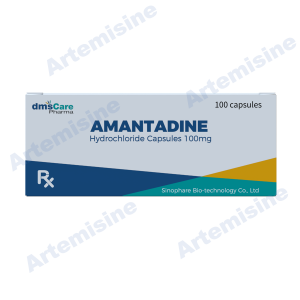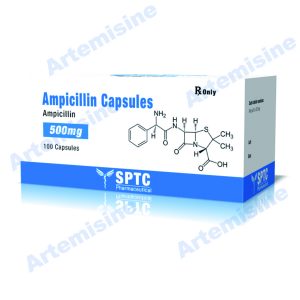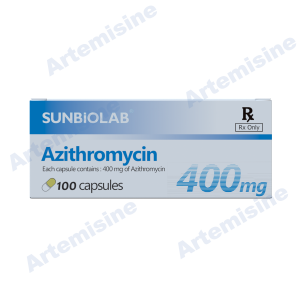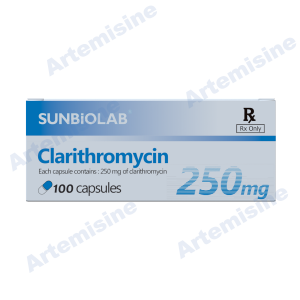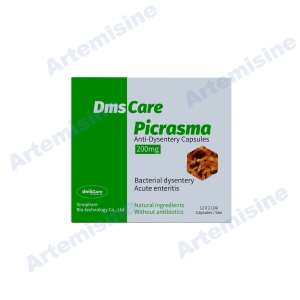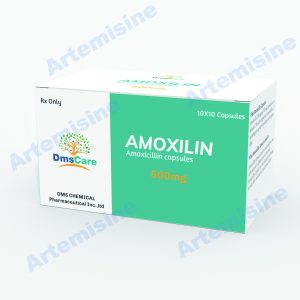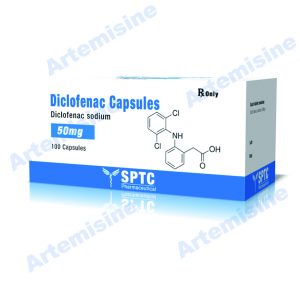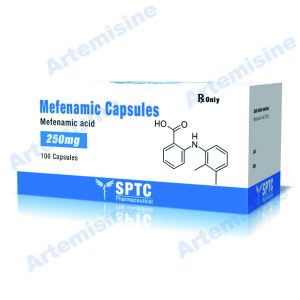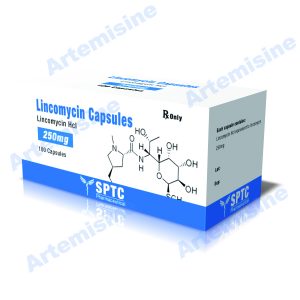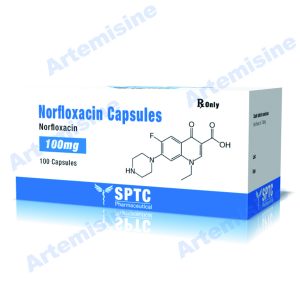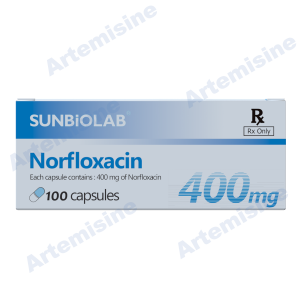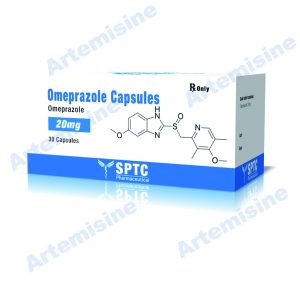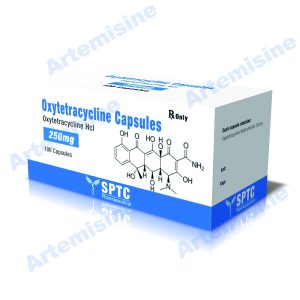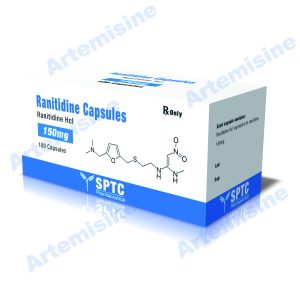Capsules represent a widely employed and versatile pharmaceutical dosage form, contributing significantly to the diverse offerings of medicines limited. These encapsulated formulations provide an effective means of administering medications, combining precision dosing with patient-friendly characteristics.
**Composition and Formulation:**
Capsules consist of a gelatin or alternative shell that encapsulates active pharmaceutical ingredients (APIs). The capsule shell may be hard or soft, with the former typically holding dry powder or granules and the latter containing liquid or semi-solid formulations. This composition ensures the stability, solubility, and protection of the enclosed drug.
**Ease of Administration:**
Capsules offer an ease of administration comparable to tablets. Their smooth, gelatinous shell facilitates easy swallowing, making them a preferred choice for patients who may have difficulty with larger solid forms. Capsules are also available in various sizes, accommodating different medication volumes and catering to patient preferences.
**Precision Dosage:**
One of the key advantages of capsules is their ability to deliver precise dosages of medications. This is particularly beneficial for medicines limited, ensuring that patients receive the correct amount of therapeutic agents according to their prescribed regimen. This precision is critical for achieving optimal therapeutic outcomes.
**Formulation Variety:**
Capsules provide flexibility in formulation. They can house a variety of drug types, including powders, granules, pellets, and liquids. This versatility allows for the development of controlled-release formulations, where the release of the drug is timed for sustained therapeutic effects.
**Diverse Therapeutic Applications:**
Capsules find application across various therapeutic areas within medicines limited. From antibiotics and analgesics to vitamins and herbal supplements, capsules accommodate a broad range of medications. The encapsulation of different drug forms ensures compatibility with diverse therapeutic requirements.
**Pharmaceutical Challenges:**
Formulating capsules involves addressing challenges related to the compatibility of the drug with the capsule shell, ensuring proper dissolution, and achieving uniform drug content. Pharmaceutical companies within medicines limited adhere to rigorous quality control measures to meet regulatory standards.
**Innovations in Capsule Technology:**
Advancements in capsule technology have led to innovations such as enteric-coated capsules and specialized capsules for targeted drug delivery. These innovations enhance the performance of capsules, allowing for specific release profiles and improved bioavailability.
**Patient Preferences:**
Capsules often appeal to patients due to their ease of swallowing and potential for taste masking. This can be particularly advantageous in pediatrics or for individuals with sensitivity to the taste of medications.
In conclusion, capsules play a crucial role in the pharmaceutical landscape of medicines limited. Their adaptability, ease of administration, and ability to encapsulate various drug formulations contribute to their widespread use across diverse therapeutic applications. Ongoing research and development continue to refine capsule formulations, optimizing drug delivery and patient experience in modern healthcare.
